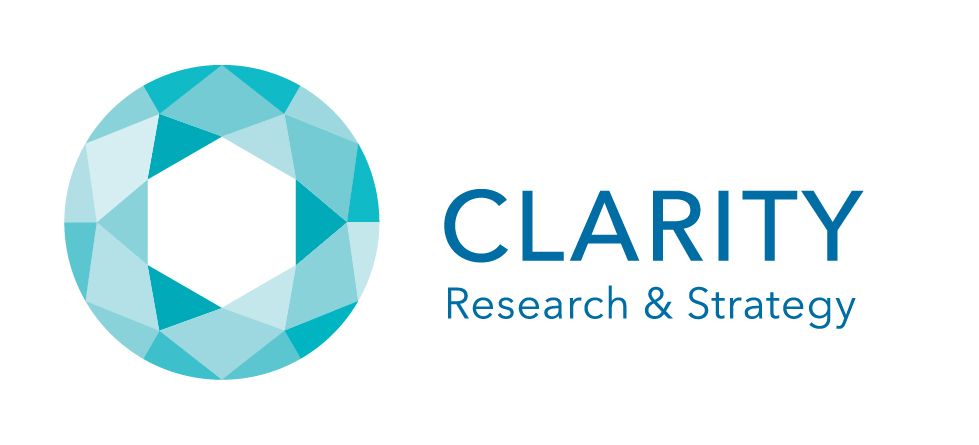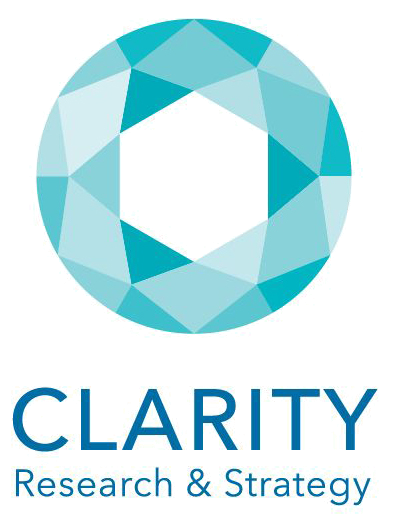Coronado’s search for Cibola, The Seven Cities of Gold, and Lewis and Clark’s expedition west, though both significant in American exploration history, were driven by different motivations and resulted in different outcomes. Coronado’s 16th-century quest was triggered by myths, rumors, and vague theories. The goal was to discover vast wealth available in the Seven Cities of Gold. The effort ended in disappointment, disillusionment, and failure. In contrast, Lewis and Clark’s early 19th-century journey had a crystal-clear agenda: Map the Louisiana Territory and find a practical route to the Pacific Ocean. Their expedition resulted in laying the groundwork for westward expansion. The amount of gold both literal and metaphorical, resulting from Lewis and Clark’s expedition, is incalculable. The difference, one was driven by assumptions and guesses, while the other was driven by understanding and clarity.
Aligning a team around a common insight-driven purpose is as essential as it is challenging. However, one often overlooked tool that can facilitate this alignment is research. Properly conducted and utilized, research can bridge gaps in understanding, align perspectives, and steer a team towards a shared objective and clarity.
Research, when done correctly, is the compass that guides a team’s direction. It provides objective data and insights that can inform decision-making, clarify goals, and illuminate the path forward. Let’s delve into how research can bolster team alignment.
Setting a Clear Direction
A common challenge for teams is agreeing on the direction to pursue. Diverse perspectives and opinions can lead to confusion and misalignment. This is where research comes in. By providing objective data and insights, research can help clarify the direction a team should take. For example, market research can inform a marketing team about customer needs and preferences, aligning the team around a shared understanding of the target audience.
Informing Strategy
Once a direction is set, the next challenge is deciding on the best strategy to achieve the goal. Again, research can play a pivotal role. Data-driven insights can help teams make informed decisions about their strategy. For example, competitive analysis can reveal what strategies are working for competitors, helping to guide a team’s strategic planning process.
Facilitating Communication
Research can also serve as a common language for teams, helping to facilitate communication. When all team members understand and accept the research findings, they share a common understanding that can mitigate misunderstandings and miscommunications. In this way, research can foster a more collaborative and productive team environment.
Validating Assumptions
Every team member brings their own assumptions and biases to the table, which can lead to misalignment. Research helps validate or invalidate these assumptions, ensuring that decisions are based on facts rather than individual biases. This can bring team members into alignment and create a unified understanding of the relevant issues.
Encouraging Engagement
Involving team members in the research process can foster engagement and ownership of the common goal. When team members participate in research, they are more likely to understand and commit to the insights derived from it. This engagement can drive alignment and commitment to the shared objective.
There’s Gold in Them Thar’ Hills
Research is not just a tool for gathering data, but a critical way to drive team alignment. By setting a clear direction, informing strategy, facilitating communication, validating assumptions, and encouraging engagement, research can help unite a team around a shared goal.
Conclusion
Whether you’re launching a new product, developing a marketing campaign, or redefining your company’s strategic direction, don’t underestimate the power of research. It could be the key to aligning your team and achieving your business goals and who knows how much gold you will discover.
Want to Learn More About Unearthing Business Opportunities?
- Let’s talk about achieving shared clarity: Contact Us
- Read our Amazon bestseller Three Wise Monkeys: How Creating a Culture of Clarity Creates Transformative Success






